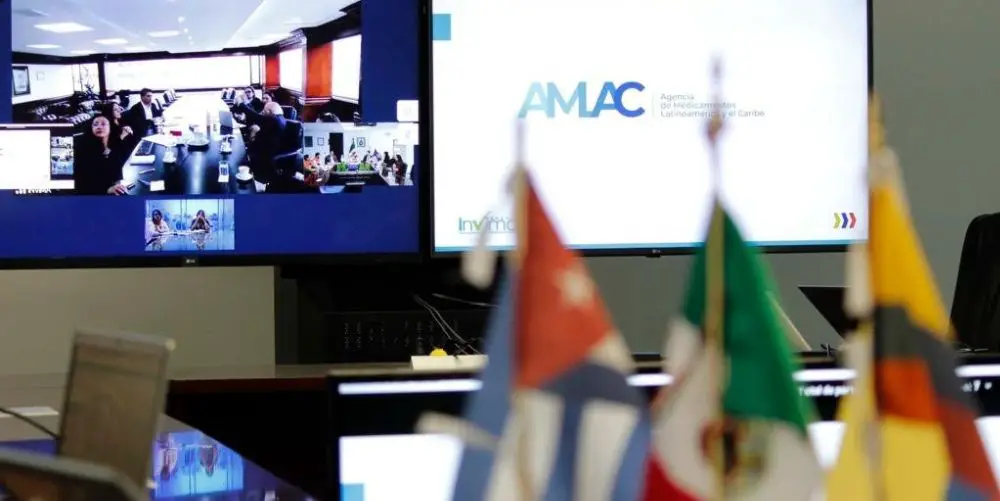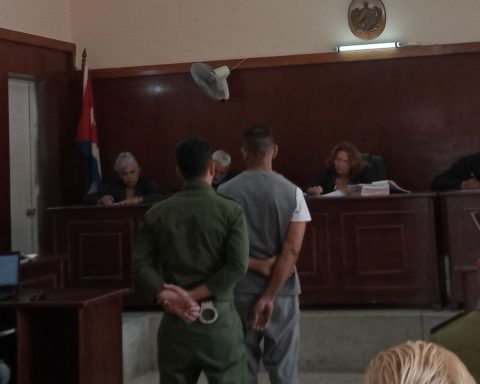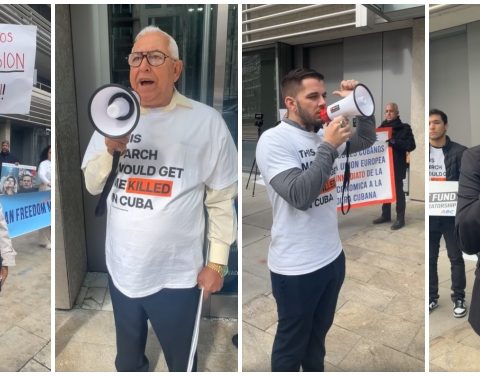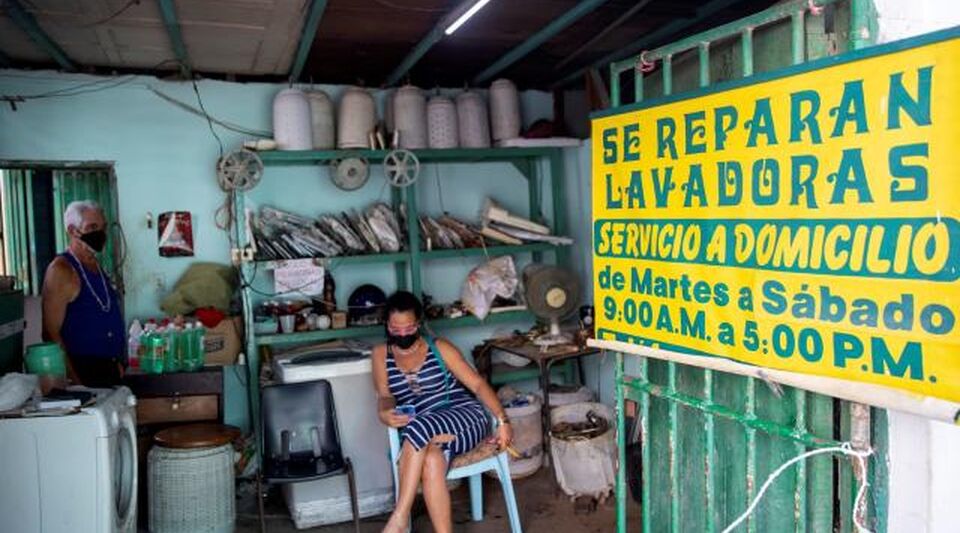MIAMI, United States. – The governments of Cuba, Mexico and Colombia advanced on Thursday in the creation of the Latin American and Caribbean Medicines Agency (AMLAC), an initiative that aims to strengthen the health capacities of the region and expedite the approval of medicines and vaccines in emergency health situations, according to the news agency EFE.
Representatives of the Center for the State Control of Medicines, Equipment and Medical Devices of Cuba (CECMED), of the National Institute of Medicines and Food Surveillance (Invima) of Colombia and the Federal Commission for Protection against Sanitary Risks (COFEPRIS) of Mexico, as well as representatives of the foreign ministries of the three countries, met on Thursday to discuss the details of this initiative, according to a joint statement.
During the meeting, the bases were analyzed to initiate an articulated work of regulatory convergence that allows the self-sufficiency of strategic inputs in the region, the statement highlights.
In addition, the three countries also contemplated that AMLAC serve to cover “the technological and organizational capacity gap for the development of raw materials, pharmaceutical products and health technologies that better respond to the public health needs of said nations.”
AMLAC would also seek to remove barriers to trade in raw materials for medicines and vaccines in the region.
Although it did not transpire that during the meeting the serious shortage of basic medicines suffered by Cuba was discussed, the largest of the Antilles came to the meeting as the country with the worst situation in its pharmaceutical system.
The serious shortage of medicines on the Island worsened during the COVID-19 pandemic, when the authorities ordered the production of their own vaccines against the coronavirus and directed all the resources of the industry to the production of five vaccine candidates.
Despite the drug crisis in Cuba and not having the endorsement of the World Health Organization (WHO) for its vaccines, the Cuban government sold its products to Mexico and other countries such as Vietnam, Venezuela, Nicaragua, Iran, Belarus and Saint Vincent and the Grenadines.
Recently, transcended that Cuba and Russia are evaluating prospects for cooperation in health and the biopharmaceutical industry. According to the official newspaper Granmaauthorities of the two countries “evaluated the possibilities of including leading drugs from Cuban biotechnology in treatment protocols for the people of Russia.”
While, The island’s pharmacies are practically empty, with an obvious amount of medicines missing and endless queues when the few existing medicines arrive.

















